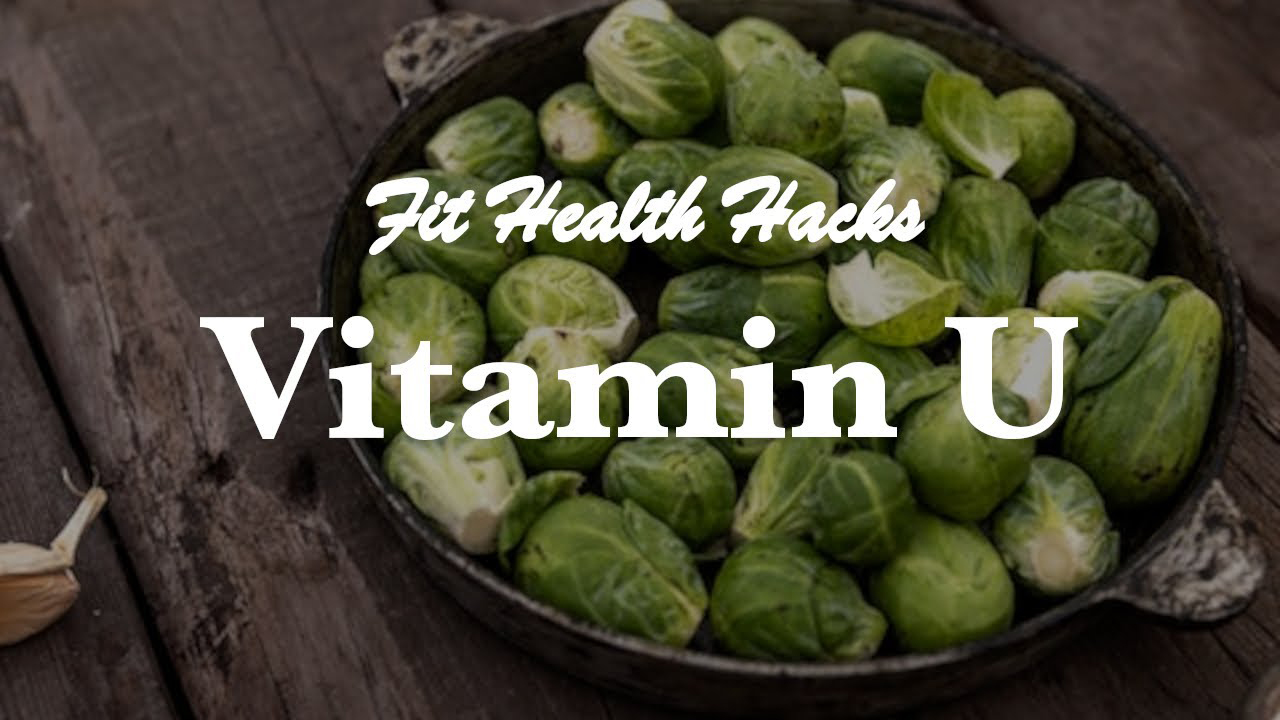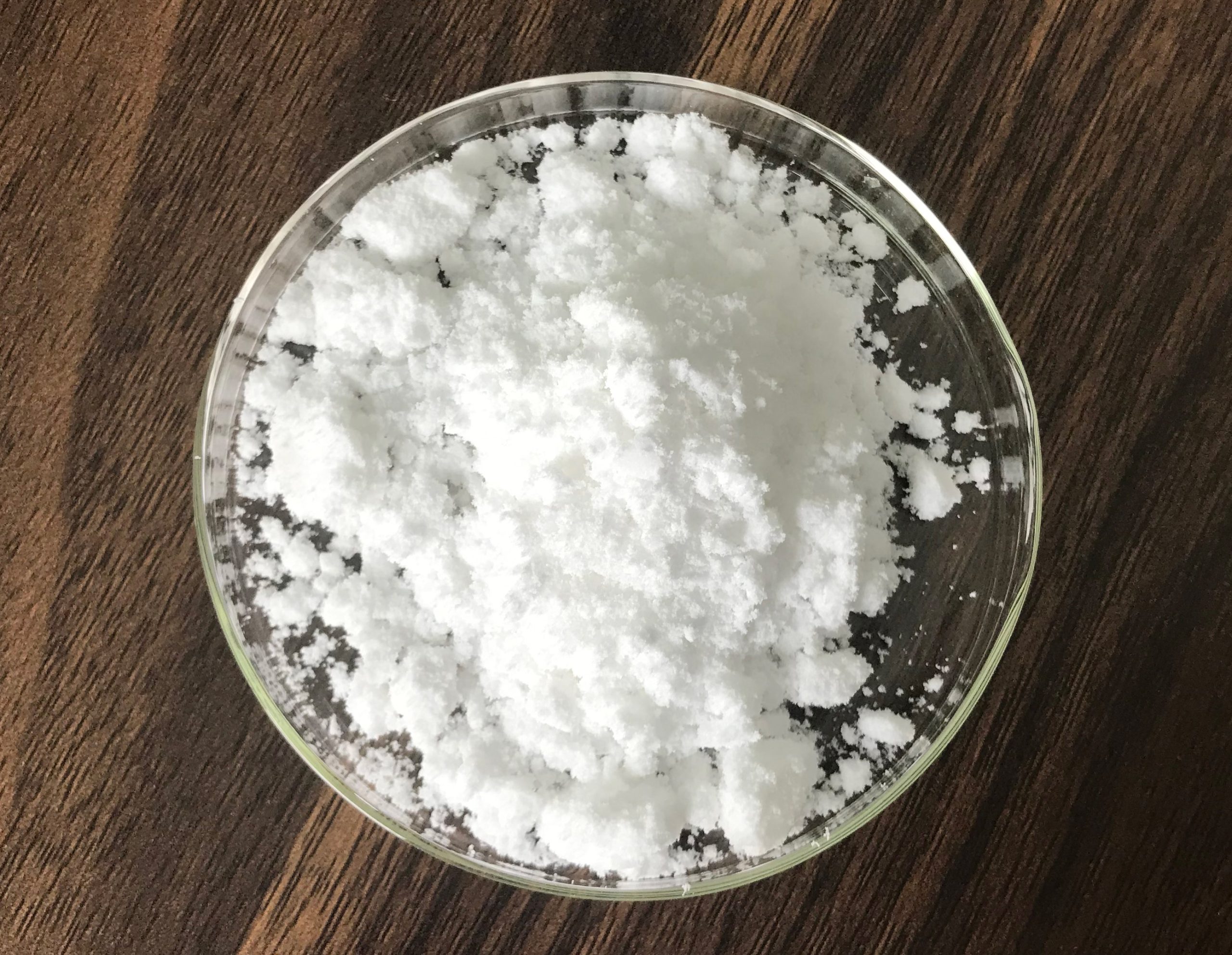Vitamin U is not technically a vitamin in the traditional sense, but it’s a term used to describe a sulfur-containing compound found in cabbage and other cruciferous vegetables. It has gained attention for its potential benefits in skincare, particularly for its soothing and healing properties. Here’s a breakdown of its role in skincare products:
- Soothing and Anti-Inflammatory: Vitamin U is often used in skincare products for its ability to calm irritated skin. It has been shown to help reduce redness and inflammation, making it useful for sensitive or inflamed skin.
- Wound Healing: Some studies suggest that Vitamin U can accelerate the healing of wounds or ulcers, which is why it’s included in formulations for products targeting skin irritation or minor cuts and abrasions.
- Protective Barrier: It can help strengthen the skin’s natural barrier, providing protection against environmental stressors like pollution or harsh weather conditions.
- Hydration: Vitamin U is sometimes used in moisturizers for its potential to support hydration, as it can help retain moisture in the skin.

In summary, while not as commonly found as other skincare ingredients like Vitamin C or E, Vitamin U has been praised for its ability to reduce inflammation, heal skin, and promote a healthier skin barrier. It’s typically included in products designed for sensitive, irritated, or damaged skin.
Processing of Vitamin U
Vitamin U is not a conventional vitamin, but rather a term used to describe a group of sulfur-containing compounds found in certain vegetables, particularly cabbage and other cruciferous vegetables. The main active compounds associated with Vitamin U are S-methylmethionine (SMM) and methionine sulfoxide.
These compounds are believed to have a variety of health benefits, particularly for digestive health. Here’s a breakdown of how Vitamin U is processed and its potential effects:
1. Absorption:
- Vitamin U is absorbed in the small intestine, where its sulfur-containing compounds are taken into the bloodstream. These compounds have been shown to help with cell regeneration and healing, particularly in the stomach and digestive tract.
2. Metabolism:
- Once absorbed, Vitamin U’s active compounds may be involved in various metabolic processes, including the regulation of certain enzymes and proteins that support the healing of ulcers and inflammation in the digestive system.
3. Health Benefits:
- The most significant potential benefits of Vitamin U are its ability to protect and heal the stomach lining, reducing the risk of ulcers and other gastrointestinal issues.
- It also has antioxidant properties, which may help reduce inflammation and oxidative stress in the body.

4. Food Sources:
- The main food sources of Vitamin U include cabbage (particularly raw cabbage juice), spinach, and other leafy green vegetables. While cooking can destroy some of the sulfur compounds, raw or lightly cooked vegetables retain more of these beneficial compounds.
5. Processing for Supplements:
- Some health supplements include S-methylmethionine (Vitamin U) extracted from vegetables. These are usually marketed for supporting gastrointestinal health.
Though the term “Vitamin U” is not widely used in scientific literature, the compounds it refers to are considered beneficial for digestive health, especially in relation to ulcers and overall stomach function.
